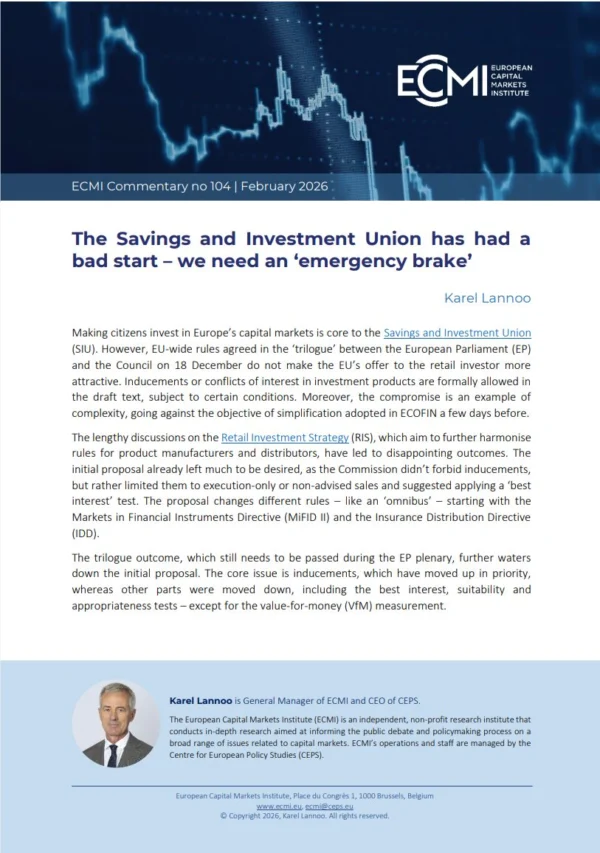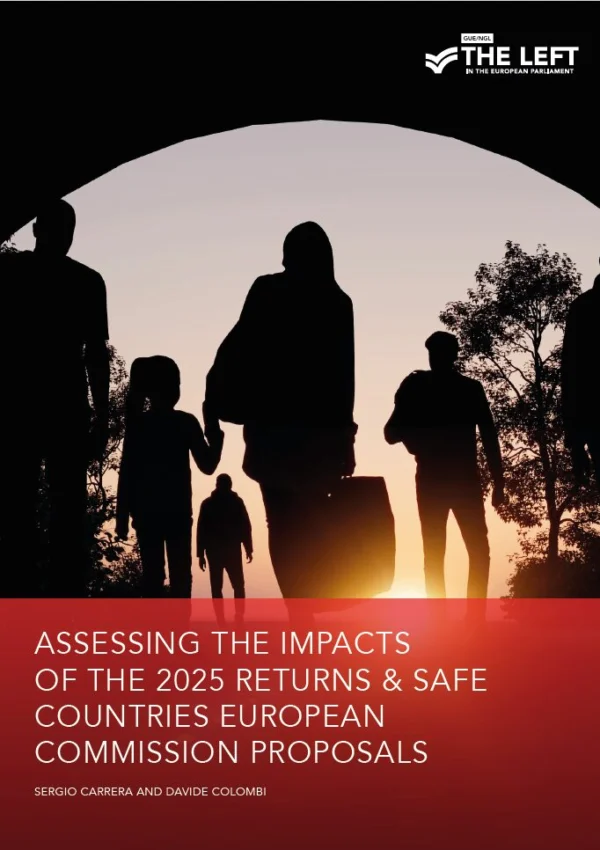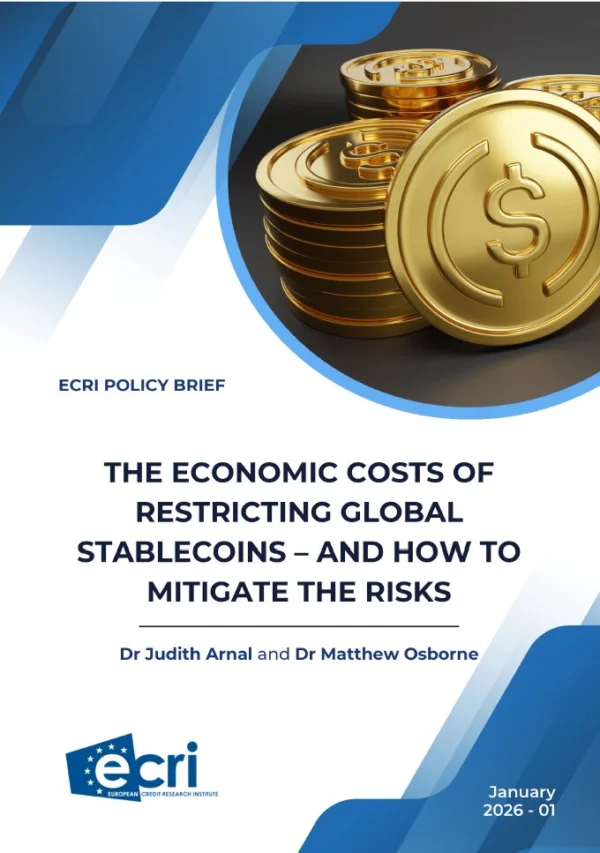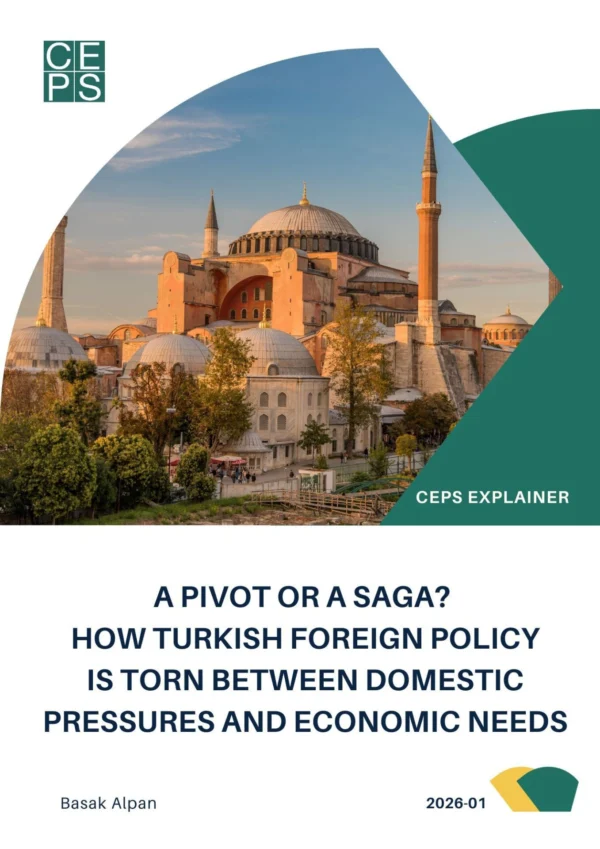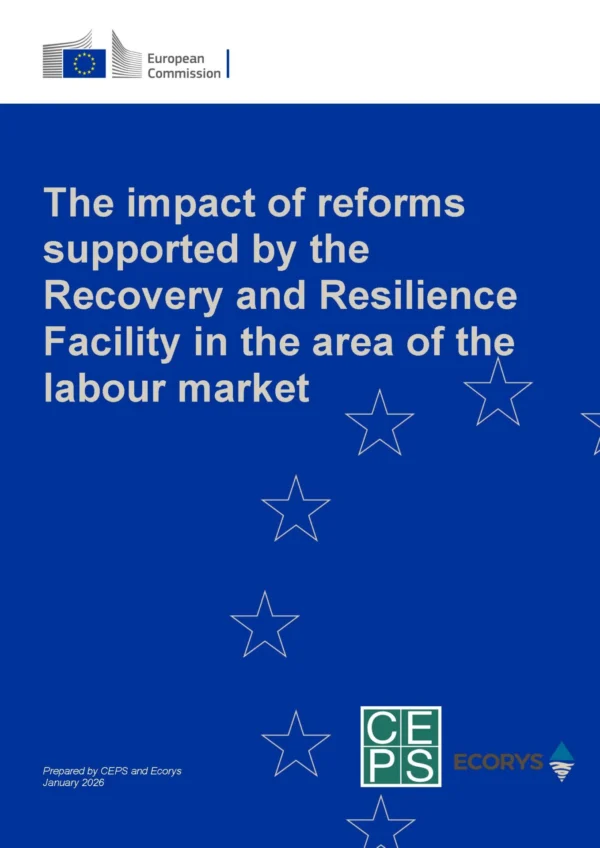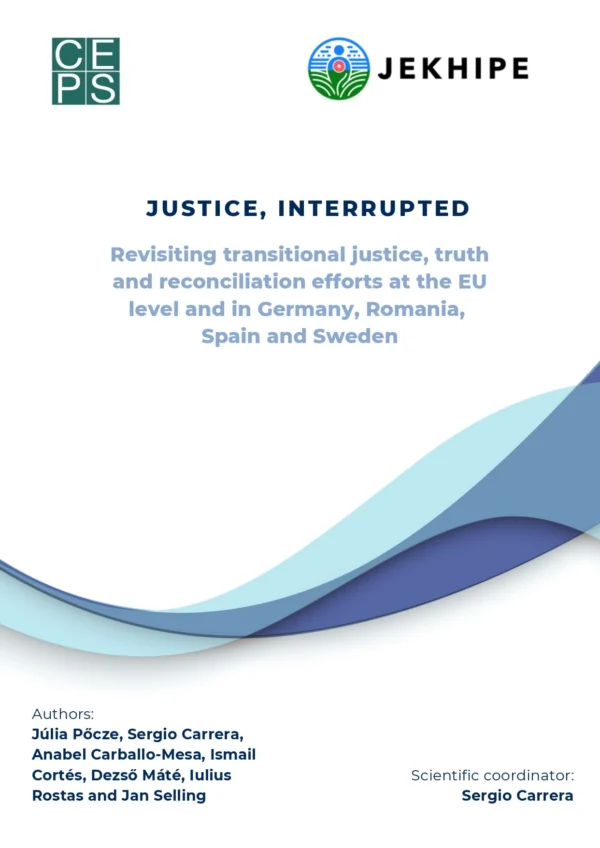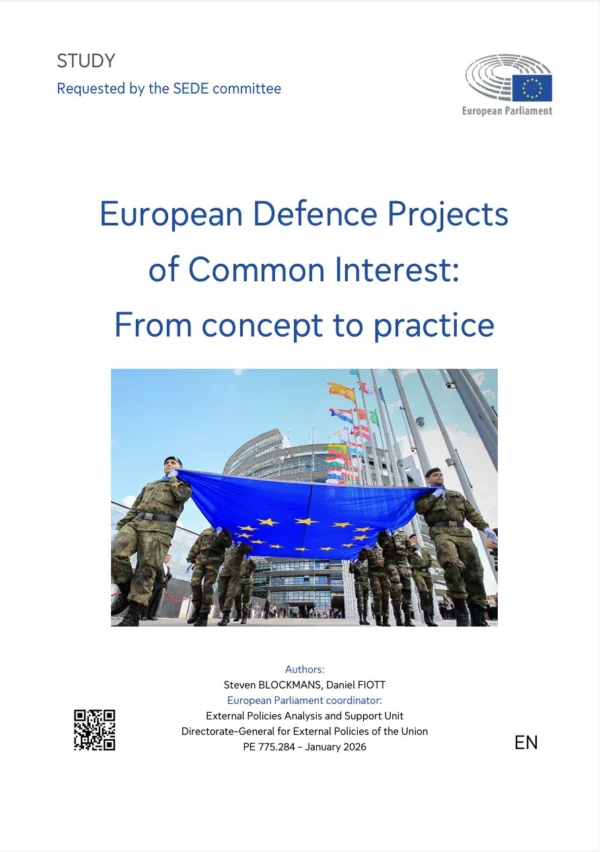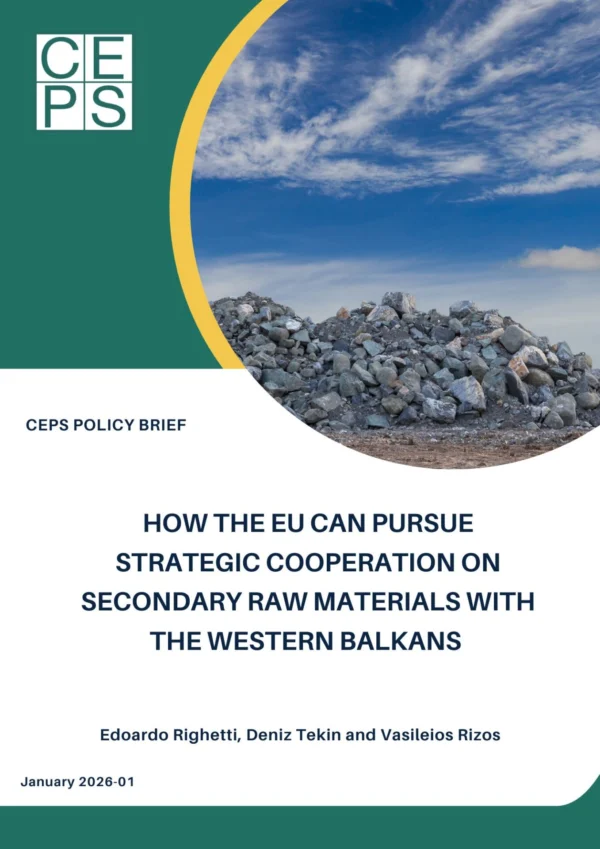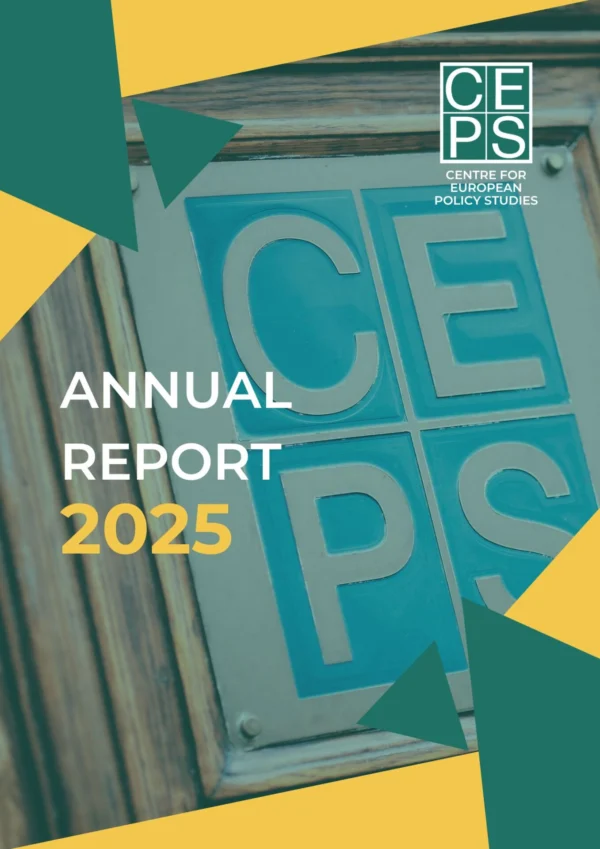It wasn’t me! This was in essence what the European Council, alongside the Council and the Commission, answered to the Court of Justice of the European Union (CJEU) when asked about the authorship of the EU-Turkey Statement. This is surprising, as the Statement – often referred to as the EU-Turkey Refugee Deal – was widely celebrated by the EU institutions themselves as the main EU response to the ‘refugee crisis’.
The CJEU cases arose when three asylum seekers located in Greece lodged applications for annulment of the EU-Turkey Statement, challenging its legality. The applicants argued that the EU-Turkey Statement is unlawful because it violates inter alia the principle of non-refoulement and the prohibition of collective expulsion. They also contended that the Statement fails to comply with the Treaty procedures on EU decision and international treaty making. In its Orders, however, the Court found that it lacked jurisdiction to rule on the Statement’s lawfulness, asserting that the EU itself is not party to the agreement with Turkey but rather the 28 member states themselves.
We argue in this contribution that the EU institutions purposefully – and unfortunately, successfully – circumvented the democratic and judicial checks and balances as laid down in the EU Treaties. We find this problematic, especially as the Statement constitutes a measure that produces severe legal effects for the rights of asylum seekers and fundamentally alters the course of EU external migration policy. By choosing to conduct major policy decisions through press releases and refusing to take legal responsibility for the Statement, the EU institutions themselves jeopardise the Treaty-based framework that aims to ensure democratic rule of law and fundamental rights.
This paper was prepared in the context of the SOURCE Network of Excellence, which is financed by the EU FP7 programme with the aim of creating a robust and sustainable virtual centre of excellence capable of exploring and advancing societal issues in security research and development. Sergio Carrera is Senior Research Fellow and Head of Justice and Home Affairs Programme, CEPS. Leonhard den Hertog is Research Fellow and Marco Stefan is Researcher at the same Programme.



